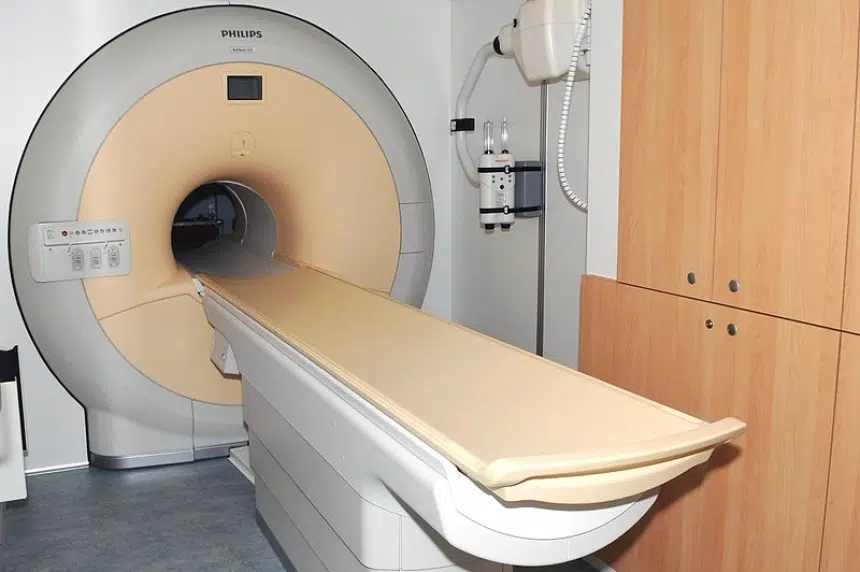Saskatchewan’s health minister says residents should expect an announcement next week on the government’s plans to reduce the wait list for MRIs.
“(We’ll) be contracting with a private provider. Publicly paid, privately provided,” Jim Reiter told Gormley on Tuesday. “That will increase capacity by several thousand MRIs per year.”
Reiter’s appearance on the show came after that of NDP Leader Ryan Meili, who criticized the government’s two-for-one policy on MRIs.
Under the policy, for every one of the diagnostic tests done by a private clinic, it would have to provide one to somebody on the public wait list.
Meili said the policy doesn’t work, as shown by the doubling of the wait list since 2015. There are now more than 10,000 patients in the queue.
“When you have parallel private systems, you (don’t) suddenly magically have twice the lab techs, twice the radiologists (and) twice the number of people around. So you draw people away from the public system so your lines actually get longer in the public system,” Meili said.
“And we’ve seen this everywhere it has been tried, with various things. It’s with diagnostics. In Manitoba, they did an experiment with patient pay cataract surgery. Same thing. Public wait lists went way up.”
However, Reiter stood by the government policy.
“I just don’t buy that; it’s simple math,” he said.
“This is one tool to help and I think it’s still a tool to help. Over the last three years, we’ve had 2,300 MRIs done through the two-for-one system. Because it is two-for-one, they’ve also paid for one in the public system so that’s 4,600 more MRIs that would be on the wait list right now if we didn’t have this program.”
Meili, himself a physician, said the private sector offering the scans is driving up demand on the public side. Because it makes them more readily available, more referrals are being made to have them done, even if they are not necessary.
The minister said demands for MRIs could very well be patient-driven. Reiter added that MRIs are also becoming the standard diagnostic test.
What the province can do, Meili said, is maximize the use of the equipment. He pointed out MRI machines can run 23 hours a day but, in Moose Jaw, they stop operating at 4 p.m. In Saskatoon, they’re running for only 16 hours a day.
Extending those hours appears to be on Reiter’s radar.
“We recognize the wait times have increased. They’re too long right now. We’re going to be doing things to build more capacity into the system,” he said.
“I noticed you were talking about possibility of increased hours. We have been doing that. We’re going to look at doing more of that.”











